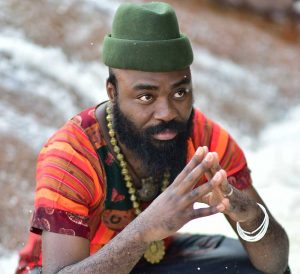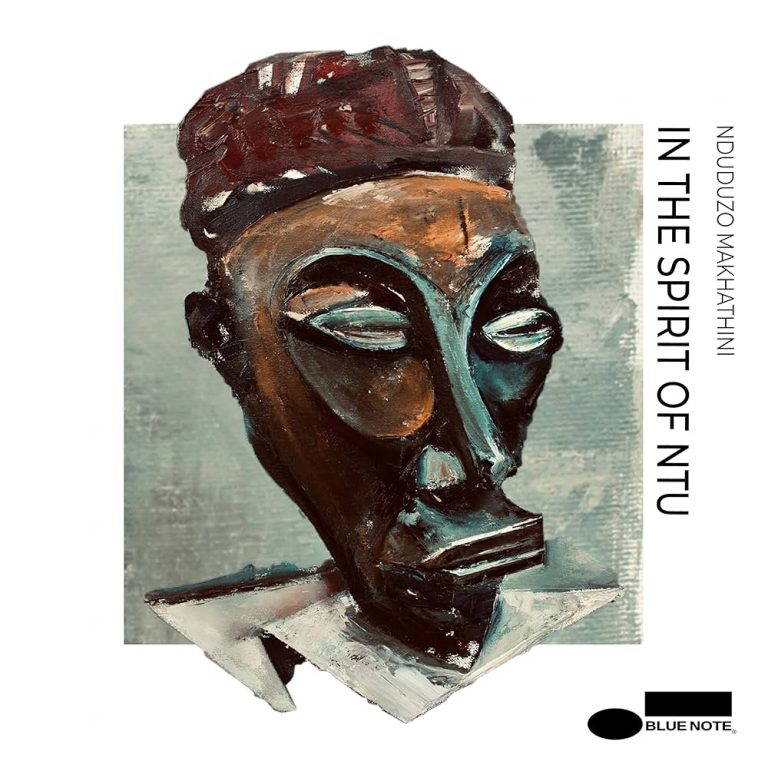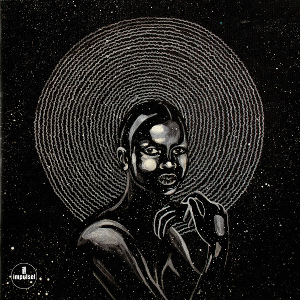Following the crushing brutality of the Sharpeville massacre of 1960, the ruling Nationalist Party of South Africa turned its attention onto black cultural expression with jazz musicians particularly targeted.
Many artists went into exile, most notably trumpeter Hugh Masekela and pianist Dollar Brand (who would change his name to Abdullah Ibrahim when he converted to Islam in 1968) who played a vital role in both promoting South African jazz overseas and spreading the anti apartheid message. Others joined the struggle at home, among them the great alto player Kippie Moeketsi, tenorist Basil “Manenberg” Coetzee and guitarist Philip Tabane of Malombo.

Ever since its rise in the 1940s in Sophiatown, Johannesburg, and District Six, Cape Town, jazz had symbolised urban black modernity in contrast to the stereotypes promoted by the regime.

One day in 1955 at the Bantu Men’s Social Centre in Central Johannesburg, the editor of Drum magazine Anthony Sampson asked readers what they wanted from the magazine. “Give us jazz and film stars man…You can cut out this junk about kraals and folk tales and Basutos in blankets – forget it. You just trying to keep us backward,” came the reply as Sampson recalled in an article for Drum later that year.
But the ancestral and spiritual roots of South African jazz run deep, and in the post apartheid era, Nduduzo Makhathini is creating healing music for a new generation in response to what he calls “a world that has been disrupted” by “the catastrophes of the colonial time”.
In the liner notes to “In the Spirit of Ntu”, the Eastern Cape based pianist’s 10th album and second with Blue Note he writes: “The wise ones tell us that our essence is ‘force’ what our ancestors called Ntu. It is our spiritual essence that is untouchable for it is all and all is with/in it. Our ancestors understood the world as being in a manifestation of this force…It is this memory that this work sings out.”

Makhathini’s follow up to his 2020 album for Blue Note, “Modes Of Communication: Letters From The Underworlds” was recorded during the worst violence in South Africa since the end of apartheid. “These sounds are part of the discourse,” he wrote. “They project from the burning fires until the fires stop burning. What remains is what these sounds seek to restore. Ntu as a creative force that seeks to lead us to remember our essence.”
Mentored by the great multi-instrumentalist Bheki Mseleku, Makhathini (who was raised in rural uMgungundlovu district in KwaZulu-Natal province) began to integrate Zulu traditions into his modal jazz on a series of albums for his Gundu Entertainment label. Recorded between 2014–17, the albums were conceived as part of Makhathini’s work as a Sangoma (healer) using his piano and voice to call on his Zulu ancestors in a time of great need.
These albums reached Shabaka Hutchings, who invited the pianist into his group The Ancestors for the 2016 album “Wisdom of the Elders” for Brownswood Recordings. Recorded in Johannesburg this and its follow up “We Are Sent Here By History” included other rising stars of the South African jazz underground including drummer Tumi Mogorosi whose spiritually charged “Project Elo” album was produced by Makhathini. Whether as a bandleader or producer, Makhathini is acting as a mentor to many other younger South African musicians such as trumpeter Ndabo Zulu who played on his Blue Note debut and saxophonist Linda Sikhakhane whose 2022 album “Isambulo” he co-produced.
The signing of Makhathini to Blue Note in 2020 and the debut release on Blue Note Africa two years later was both testament to the strength of the contemporary South African jazz scene and its ongoing importance in the country.
Recorded at Penny Lane Studios in Cape Town in August 2021, “In The Spirit Of Ntu” featured some of the most serious players of South Africa’s contemporary jazz scene, including fellow Ancestor Gontse Makhene on percussion, Stephen De Souza on double bass, Linda Sikhakhane on saxophone, Robin Fassie Kock on trumpet, and Dylan Tabisher on vibraphone, with the vocals of Anna Widauer and Makhathini’s wife Nomagugu.
“I really felt this need to summarise everything I’ve done this far and put it into ‘some’ context,” Makhathini told Blue Note at the time of the album’s release. This extended to “Re-Amathambo” a rework of the opening number from his 2018 LP “Ikhambi.” Featuring a smouldering vocal by Anna Widauer it’s Makhathini at his most lyrical, his piano keys an apparent metaphor for the bones used in a divination by sangomas. Things get even deeper on “Nyoni Le” where Makhathini’s meditative chants come to the fore.
These laments sit in contrast to the blistering “Unonkanyamba” that opens proceedings in a barrage of cascading keys and mournful horns. Throughout the 10 track album Makhathini and his group mix deep modal and spiritual jazz with traditional Zulu music in what amounts to one of the great South African jazz albums.
Andy Thomas is a London based writer who has contributed regularly to Straight No Chaser, Wax Poetics, We Jazz, Red Bull Music Academy, and Bandcamp Daily. He has also written liner notes for Strut, Soul Jazz and Brownswood Recordings as well as storyboards for short films at RBMA.
Header photo: Nduduzo Makhathini. Image courtesy of Blue Note Records.




